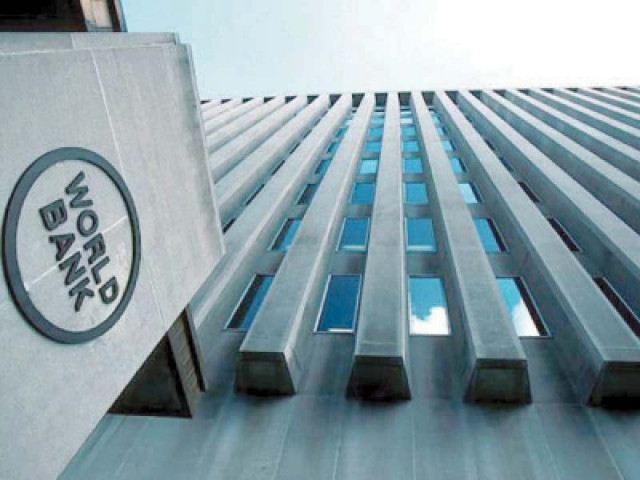World Bank approves $240m to improve Karachi’s water
Initiative aims to tackle waterborne diseases and improve public health.

The World Bank has approved $240 million in funding for the Second Karachi Water and Sewerage Services Improvement Project (KWSSIP-2) to enhance water, sanitation, and hygiene (WASH) services in Karachi.
The project aims to provide safely managed WASH services to nearly 16 million people with improved water supply and to 7.5 million with sanitation services by 2030.
“Safely managed WASH services are the foundation of public health and quality of life,” said Najy Benhassine, World Bank Country Director for Pakistan. “KWSSIP-2 will expand investments in bulk water augmentation, water treatment, wastewater reuse, and sewer network rehabilitation,” he added.
The initiative builds on KWSSIP-1, with a focus on strengthening Karachi’s water infrastructure. Over 500,000 residents in informal settlements, including Katchi Abadis, will gain access to safer drinking water and improved sanitation.
The project is expected to bring significant long-term benefits, including reduced costs for alternative water sources, lower time spent collecting water, and health improvements from reduced waterborne diseases.
To address gender gaps, KWSSIP-2 will implement inclusive recruitment plans at the Karachi Water and Sewerage Corporation (KWSC). The project will train women, create internship opportunities, and support their progression into leadership roles within the utility.
“This project will institutionalise opportunities for women graduates and help promote women to higher-grade positions,” said Khairy Al-Jamal, the Task Team Leader for KWSSIP-2.
KWSSIP-2 is co-financed by the Asian Infrastructure Investment Bank with $240 million. The Government of Pakistan will contribute $250 million, with an additional $269 million expected from private and commercial financing.
This project is the first phase of the World Bank’s broader Pakistan Urban WASH Services Programme, targeting 33.5 million people by 2035. It is part of a South Asia regional initiative aiming to provide WASH services to 100 million people across the region by 2035.
Another water crisis looms in the city
A water crisis has returned to haunt residents in most neighbourhoods of the metropolitan city as the 84-inch water pipeline, which was damaged during development works and repaired only eight days ago, has started leaking again.
The Karachi Water and Sewerage Corporation (KWSC) has started fresh efforts to ensure water supply to the city of nearly three million people. A KWSC meeting has been called on Thursday which will decide on whether the repair work will involve shutting off the water temporarily or maintaining supply.
The initial problem began on Dec 3, when the pipeline ruptured at two locations due to the ongoing Red Line construction, causing a major disruption to water supply. The repair work lasted for eight days, during which over 2.5 billion gallons of water could not be delivered to the city, resulting in widespread shortages.
Although the supply was restored after the repairs, a new leak has now been detected, causing water to accumulate in a pit. There are concerns that the leakage may worsen over time, further exacerbating the situation.
During the previous crisis, Karachi residents spent over Rs3 billion purchasing water to meet their needs. With the possibility of another major water shortage looming, citizens may once again face challenges in securing a reliable water supply.
Karachi's ongoing water shortage has sparked a wave of protests led by opposition parties, including the Pakistan Tehreek-e-Insaf (PTI) and Jamaat-e-Islami (JI).


















COMMENTS
Comments are moderated and generally will be posted if they are on-topic and not abusive.
For more information, please see our Comments FAQ